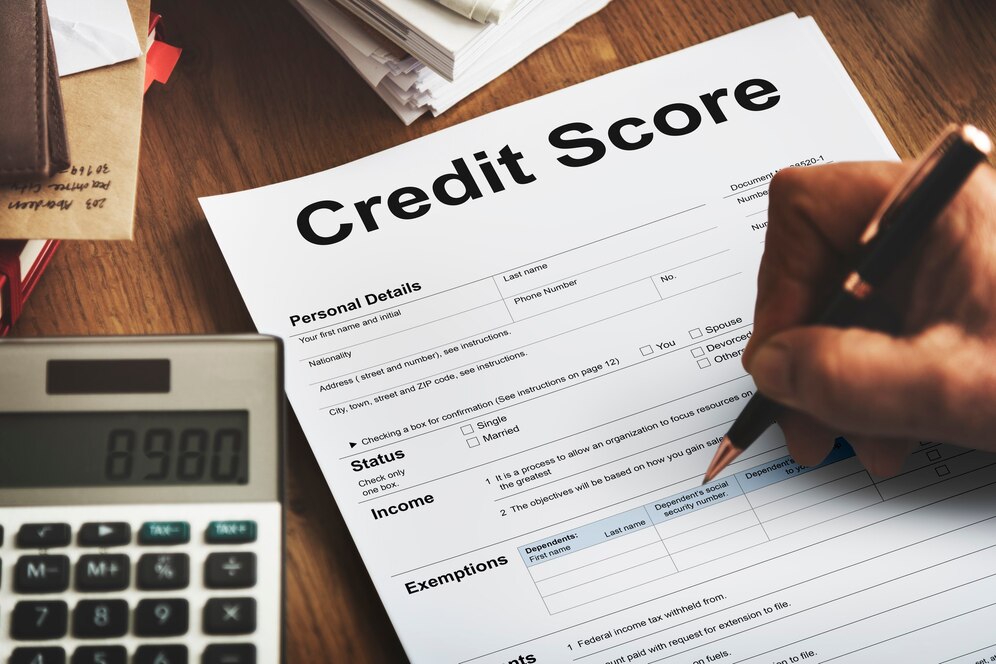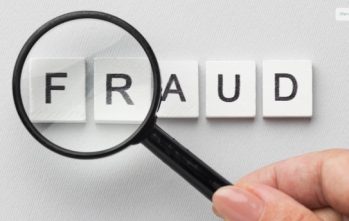Table Of Contents
- Shift to Payday Loans
- Find Ways to Earn Extra Income
- Plan to Get Out of Bad Credit
- Consider a Cosigner
- Save What You Can
- Look Into Your Credit Report
- Research Loans Before Applying
- Negotiate a Repayment Plan
- Consider Financial Education and Counseling
- Be Transparent
- How To Improve Your Credit (When You Have A Bad One)
- 1. Review your credit report
- 2. Pay your bills on time
- 3. Reduce your debt
- 4. Build a positive credit history
- 5. Keep credit utilization low
- 6. Be cautious with new credit applications
- 7. Seek professional help if needed
- Turning Bad Credit Into Good!
- Shift to Payday Loans
- Find Ways to Earn Extra Income
- Plan to Get Out of Bad Credit
- Consider a Cosigner
- Save What You Can
- Look Into Your Credit Report
- Research Loans Before Applying
- Negotiate a Repayment Plan
- Consider Financial Education and Counseling
- Be Transparent
- How To Improve Your Credit (When You Have A Bad One)
- 1. Review your credit report
- 2. Pay your bills on time
- 3. Reduce your debt
- 4. Build a positive credit history
- 5. Keep credit utilization low
- 6. Be cautious with new credit applications
- 7. Seek professional help if needed
- Turning Bad Credit Into Good!
10 Tips For Living With Bad Credit
Living with bad credit is not everyone’s dream, but sometimes it happens. Maybe you don’t have adequate income to cater to different needs, or there’s that one loan that messed things up. Whatever the reason, you must develop various survival tactics while trying to escape the problem.
Living with bad credit can be frustrating. However, there are many ways to improve and escape this situation. Below are some tips for living with bad credit.
Shift to Payday Loans
You can borrow and repay payday loans once you receive your subsequent paycheck. They are an excellent option for people with bad credit, considering many lenders must look into history or score.
If you’re in such a situation, you can evade bank loans and replace them with payday loans until you stabilize your credit. Even so, it’s vital to acknowledge that these loans come with high-interest rates, making them risky if you default.
Find Ways to Earn Extra Income
As highlighted earlier, bad credit is when your bills outweigh your income. Finding ways to earn extra income is an excellent step in managing bad credit.
You can apply to work overtime, find external gigs, or commercialize your talent or hobby. It’s all about finding a pool of jobs that can add something to your primary income and save you from a cycle of debt.
Plan to Get Out of Bad Credit
The best advice to give someone with bad credit would be to plan how to get out of it and repair the damage. Perhaps it’s all you’ve tried to do, but you never focus.
You can develop a plan about what bills you can drop (less essential), stick to deadlines, and avoid further borrowings. You can also involve a financial advisor to guide you through the planning.
Consider a Cosigner
It’s no lie that getting a loan or navigating through various financial services with bad credit can be difficult. Therefore, considering a cosigner can help you solve various needs. Cosigners can apply for loans on your behalf or offer their properties as collateral for your financial needs.
Still, it can be challenging to find someone willing to provide finances for you, given you already have bad credit. A close friend, sibling, or parent can be the best option if you honor the terms.
Save What You Can
Bad credit should not reduce your savings efforts. It may be difficult, but you should strive to save whatever you can and not be intimidated by it. Decide on a percentage of each income you earn and distribute it strategically so you can save. You can also diversify your sources of income, as it can be nearly impossible to make ends meet with a single paycheck.
Look Into Your Credit Report
If you’re living with bad credit, you should get a copy of your credit report from when your finances started destabilizing. Examine the copies carefully to understand what caused this disheartening situation.
It could be unpaid loans, defaults, late repayments, or bankruptcy. By understanding the reason behind your unfavorable credit score, you can make more informed decisions concerning improving it.
Research Loans Before Applying
Some people have fallen victim to bad credit listings because they applied for loans they didn’t know about. Before acquiring a loan, ensure you have done exhaustive due diligence about its interest rates and other applicable fees. That way, you’ll learn how much to pay back and plan for it on time. Most importantly, borrow from a reputable lender and apply for what you can afford.
Negotiate a Repayment Plan
Depending on the severity of the matter, you can consider negotiating with your creditors for a repayment plan. Some lenders waive loans and provide more favourable repayment schedules and periods. However, you should strictly follow whatever contract you sign. Many creditors wouldn’t offer a second chance after a failed negotiation.
Consider Financial Education and Counseling
You should never be ashamed of seeking assistance from financial advisors and related professionals when struggling with a poor credit score. These experts can offer guidance on various topics, including budgeting.
Additionally, they can also negotiate with creditors on your behalf. Financial education enhances your literacy regarding money management, loans, interest rates, and utility bills.
Be Transparent
Hiding bad credit may not solve the problem. After you’ve tried several options, you can consider opening up about it to a close friend, sibling, partner, or parent. They may willingly sacrifice some of their income or savings to pay for your loan. Honoring the debt if you agree on repayment since their repayment terms may be convenient.
How To Improve Your Credit (When You Have A Bad One)

Yes, sometimes we cannot have good credit. However, what?s stopping us from building one?
Rebuilding your credit if you have a low credit rating is not easy, but many are doing so! Why shouldn?t you give it a try? Here is how you can.
1. Review your credit report
Go to one of the major credit bureaus (Equifax, Experian, or TransUnion), apply for a copy of your particular record, and look at it universally. Search for mistakes, false information, or fraudulent activities contributing to your bad credit. If you find any inaccuracies, inform the credit bureau and be ready to prove that such records are wrong.
2. Pay your bills on time
Some of the biggest factors impacting your credit score include payment history. Consider it very important that you pay all your bills in time without failure; amongst them are credit cards, loans, and utilities. L did days often drop can your credit rating points have a dramatic so Much the general Expediency to set displays reminders or automated payment action dire some late dates.
3. Reduce your debt
A high amount of debt can hurt your credit. Concentrate on your balances by working on a budget and allocating some money to develop a savings plan based on the terms for paying back what is owed. Alternatively, you may wish to focus on eliminating high-interest debts or promote debt consolidation if it helps your case.
4. Build a positive credit history
It is hard to improve your rating for individuals with no credit history or almost nothing as a history of using loans. One way to establish a credit history is by obtaining a secured card or co-signing someone?s credit card. Make a small group of spots and always pay in full every month.
5. Keep credit utilization low
The interpretation of credit utilization is the amount of your available credit that you use. Maintaining a low percentage of this ratio (below 30%) can help optimize your credit score. If possible, do not maintain a balance on several of those coils and do not use them at all maximum.
6. Be cautious with new credit applications
Multiple applications for credit accounts within a few months are judged negatively by the score provider. Thereby start lowering your credit standing. A hard inquiry is when one applies, and it remains on the report for twenty-four months max. Do not be so quick to apply for a loan whenever you need money. That is an extremely bad credit habit!
7. Seek professional help if needed
In case you have been unable to get it right with your credit on your own, there are agencies of practice with resources in financial firms that offer guidance and services for proper debt management.
Turning Bad Credit Into Good!

Turning bad credit into good in a few steps is very much possible.
To give you a good summary:
You can slowly improve your credit score by the following steps:
- First, study your credit report to check for errors.
- Second, paying bills on time.
- Third, avoiding heavy balances on your accounts, and not missing payments at all costs.
When it comes to debt, it is through managing debt carefully instead of letting it get out of hand. Plus, continue applying for additional lines only when needed or, even better, avoid them altogether until closer to an overall perfect payment history.
If repairing credit takes time, it is necessary to be patient and not abandon the process before due.
Consulting a credit counseling agency or a financial advisor can be advantageous.
With time, as you continue to learn how to make the right changes and develop good financial habits, your chances of improving your credit score will be bright.
Read Also:











Leave A Comment